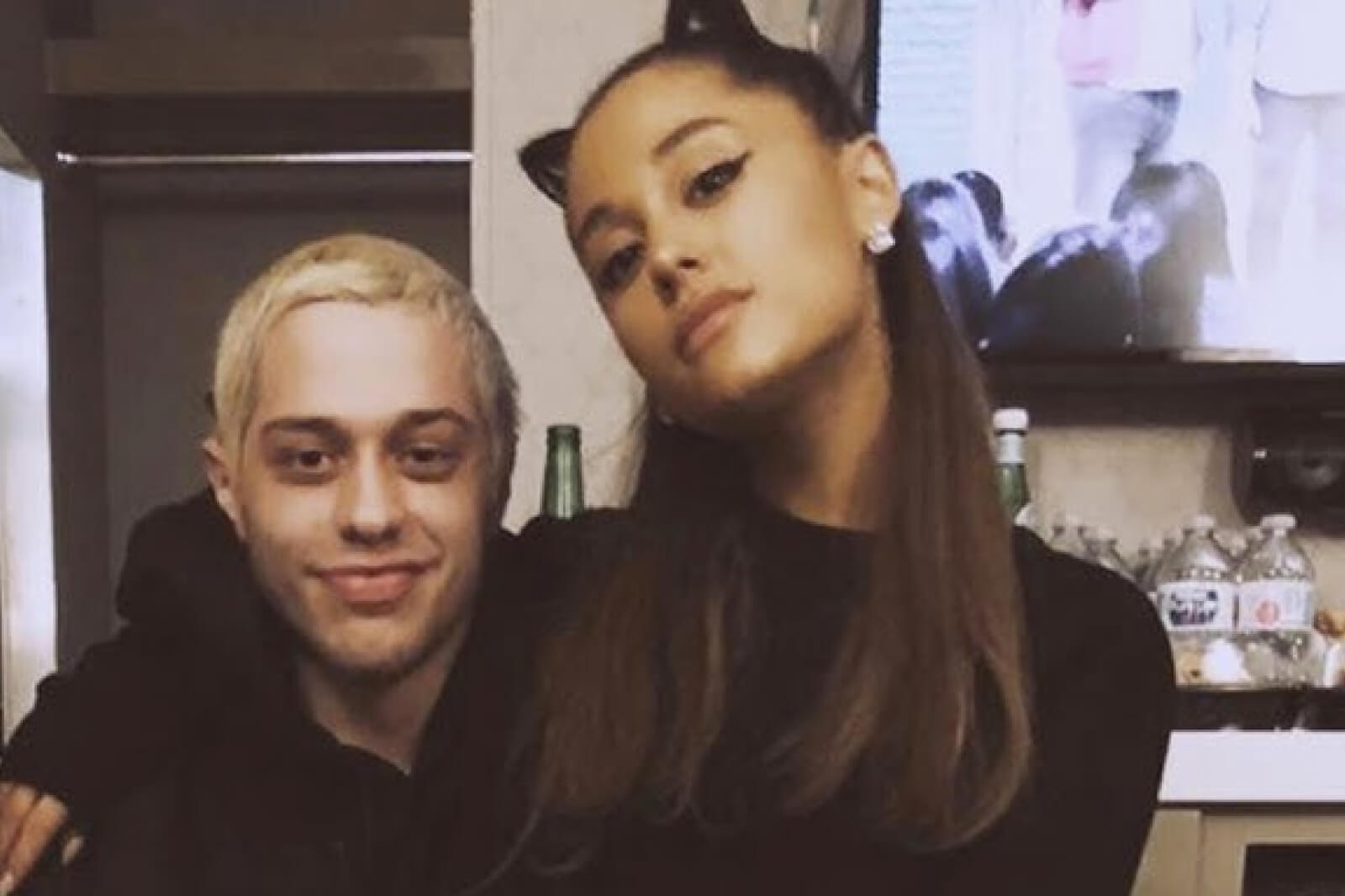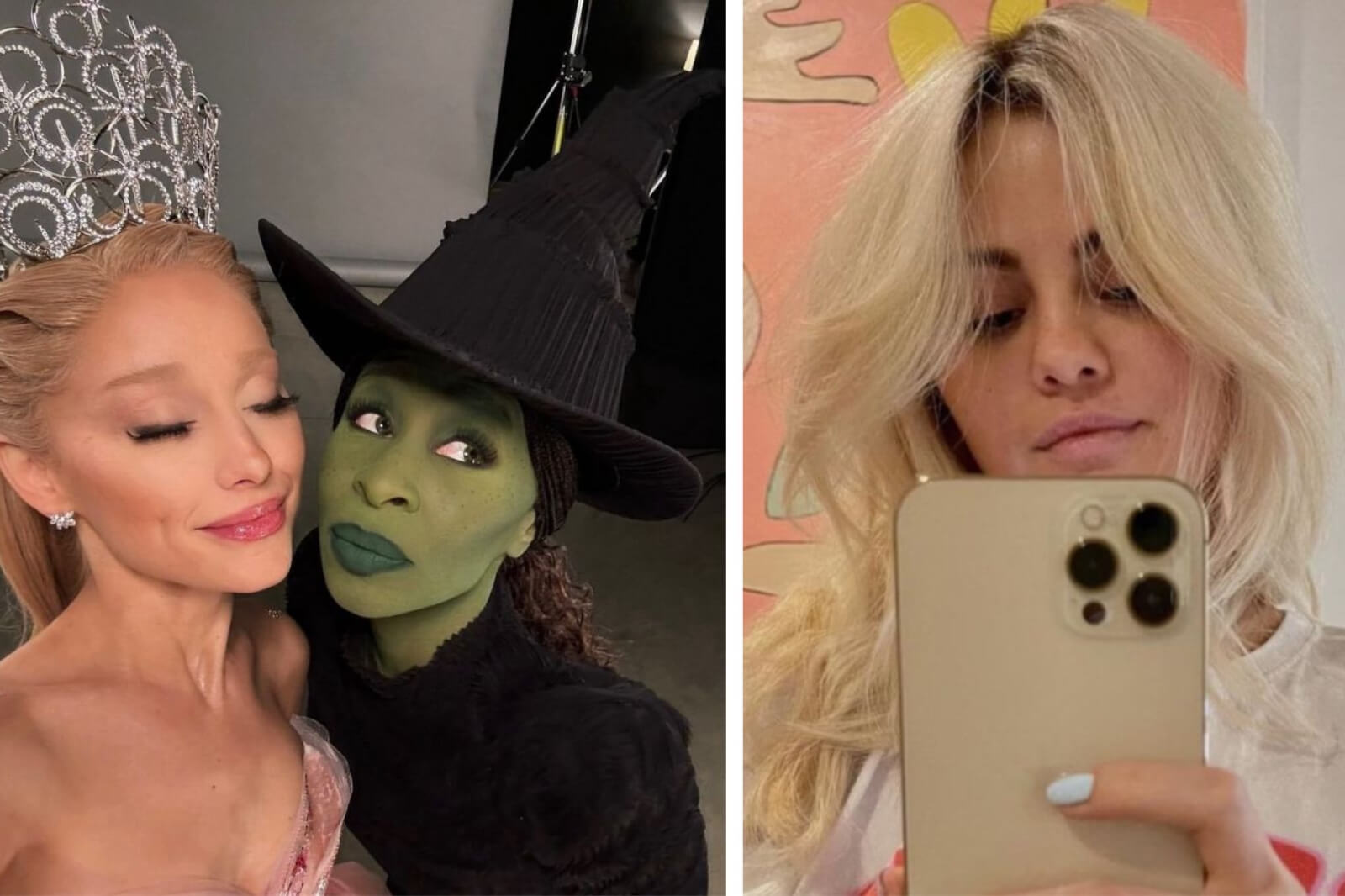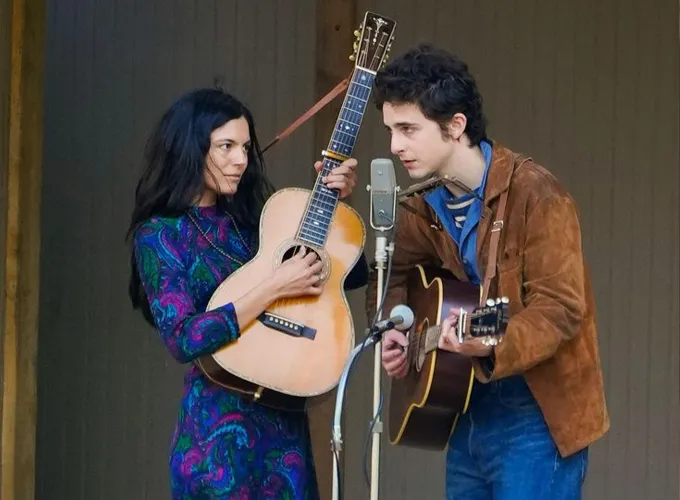
Jolene and Beth
Netflix
“You’re all a bunch of f**king c*cksuckers!”
That’s how we’re introduced to Jolene, a Black girl living at Methuen Home where Beth—the main character—is taken after surviving the car crash that killed her mother. She doesn’t get nearly enough attention in The Queen’s Gambit, appearing only in the first two and last two episodes to bookend Beth’s life as a famous chess player, but she is critical to the plot.
The treatment of Jolene in The Queen’s Gambit is quite similar to treatment of Black women in the social and political arenas: only acknowledged when useful in ways that can no longer be ignored.
Jolene, though older than Beth, proves to be more savvy than anyone would expect of a girl her age. In line to get “vitamins,” she advises Beth to save the green pills to take at night when they work best.
Beth doesn’t take Jolene’s advice. Instead, she swallows both pills and ends up stumbling around and struggling to feed herself.
“I thought I told you to wait and take those vitamins at bedtime.” Jolene is amused, and Beth realizes she needs to accept the wisdom Jolene offers.
Jolene, like many Black girls, has had to learn a lot of things for herself. Being sharp-minded, agile, and quick to act is critical to Black girl survival. Life doesn’t usually force white girls to develop these kinds of skills, so they end up depending on Black girls to guide them.
Beth is quiet, but, due to her upbringing, not unassuming. She pays attention to what is going on around her, and because she is read as weak and harmless—a stark difference from the way a Black girl with similar demeanor would be read—she is able to observe people at their absolute worst, when they are too arrogant to hide their true nature. Jolene seems to be the only person she chooses to engage with, aside from Mr. Shaibel, who eventually agrees to teach her to play chess.
We learn to trust Jolene immediately. She is honest, loyal, smart, and has experience Beth can learn from. She’s a straight-talker. When a white girl in the home is adopted, Jolene is blunt about the way things go. She says it’s unfair, but makes it clear that she doesn’t expect to be adopted herself. She is familiar with racism and misogynoir, directly impacting her possible outcomes.
“Most of us are lifers. Been here a long time. Nobody’s gon’ come for us now. We’re too old. And we’re too Black,” Jolene says.
Centering a girl learning, then dominating, the game of chess, The Queen’s Gambit seems to have intended feminist themes, but it is far from intersectional. It does manage to push back against limitations set against white women.
Mr. Shaibel says girls don’t play chess, but Beth shocks him with her impeccable memory and ability to learn by watching the way he moved each piece. He was proven wrong and saw Beth’s potential. Beth starts advocating for herself, but has to learn that she can’t just copy what she sees without understanding the context.
Jolene to the Rescue
When Beth gets upset with Mr. Shaibel, she remembers Jolene’s outburst on the day she arrived at Methuen. “You c*cksucker,” she says to Mr. Shaibel.
“Get out.” He locks her out of the basement.
Though she meant to hurt him, Beth is confused by Mr. Shaibel’s reaction and she has to go back to Jolene to find out exactly what she’d done. “I wanna know what a c**ksucker is,” she says.
Jolene gently explains the term to the best of her own understanding. Beth may or may not realize that her use of the term was not only inappropriate, but disproportionate; but regardless, Jolene’s outbursts are a direct response to her experiences as an older Black girl at Methuen. Beth’s uninformed repetition of the words in a tantrum shows she is not only unaware of the meaning, but also ignorant about the differences in her and Jolene’s circumstances.
Soon, we see signs that Beth is learning to trust Jolene more and take her advice more readily. One day, she shows Jolene the green pill on her tongue, indicating that she was saving them. She becomes addicted to the pills and, just before she has to play simultaneous games against high school students, Methuen stops giving them the green pills. She expects Jolene to have pills to give her, and when she doesn’t, Beth acts like spoiled brat.
Jolene calmly but sternly tells her not to act up. On the day of the games against the high school students, Jolene unsurprisingly comes to the rescue, slipping green pills into Beth’s hand before she leaves to play.
Jolene Is Left Behind
Beth’s adoption is unexpected. Packing to leave, she cannot find the book Mr. Shaibel gave her, Modern Chess Openings. Beth asks Jolene about the book and is swiftly warned not to make accusations against her.
Jolene is obviously upset about Beth leaving. Yet another girl met her at Methuen and will leave her there—a girl she had grown to like, and who liked her.
“You don’t need no book,” she tells Beth. “Just say, ‘Yes, sir’ and ‘Yes, ma’am’ and you’ll be alright.” She even suggests that Beth may get a TV in her room—a clear indication that she sees Beth as moving up in life, gaining access to better opportunities, and is understandably jealous. While Jolene has to educate herself, be hyperaware, strategize and, in many cases, just wait in order to get by, Beth has whiteness on her side.
Beth realizes that her departure is difficult for Jolene. Maybe she remembers years before when Jolene told her she was too old and too Black to get adopted. Beth says she’s sorry Jolene didn’t get adopted, which prompts Jolene to put on the airs of an unbothered person.
“Sh*t. I make out just fine right here,” Jolene said. Even as a child, Jolene doesn’t think she’s allowed to show anger or disappointment. She pretends to be content.
Jolene Shows Up
Years later, Jolene shows up on Beth’s doorstep in Lexington, like a messiah, in the literal last minute of the penultimate episode. Her arrival is during the messy part of Beth’s substance abuse crisis, dangerously close to the tournament in Russia she has always worked toward. Jolene is surprised to see a stylish but obviously struggling version of the girl she used to know.
“This whole house belong to you?” she asks. “You’re no orphan.” Jolene tells Beth she’s been living in Louisville. She tells her of Mr. Shaibel’s death and offers to take her to the funeral the next day.
Jolene had been putting in work. She went to college to study physical education but decided that wasn’t enough for her. She’s now working as a paralegal, saving money for law school after gaining an interest in history, getting angry about racism, and switching to political science.
Jolene, like many Black women before her and to come after her, sees beyond the obvious. She knows what pisses her off and she recognizes her own power to create change. She knows the world of today doesn’t have to be the world of tomorrow.
“The world is f**ked up, and if I’m gon’ change it, I can’t spend all my time teaching white girls how to hold a badminton racket. I’m gonna be a radical,” Jolene says.
“Didn’t know that was a career choice,” Beth responds.
“It will be.” She knows it, she says it, and she sets about making it so for herself. Nothing falls into the lap of a Black woman.
Jolene Comes Clean
Beth is honest with Jolene. Jolene has always been a safe space for her. She tells her what she wants and doesn’t want, but in the pathetic way of people who think life just happens to them. She is perfectly comfortable offloading on Jolene who has done a much better job of keeping it together, presenting herself as a strong, successful, secure Black woman.
Jolene listens, reserves judgment, and offers advice. She makes it plain: Don’t do what you don’t want to do. Do what you know you need to do. She is matter-of-fact and firm.
Jolene tells Beth to stop digging herself into pits of mess. Almost as though it is the sign for Beth to keep going, Jolene returns Modern Chess Openings to Beth, admitting that she took it because she was jealous.
Later, Jolene shares that she is in a relationship with Rick, a white partner at the firm. She is very clear about her circumstances. She knows she is a diversity hire, and she plans to use it to her advantage. She knows Rick won’t leave his wife for her, but she enjoys the perks of the relationship as it is.
Jolene is doing what she can to get herself to where she wants to be. Her eyes are on the prize. She tells Beth, “What I want is what you got. You been the best at what you do for so long, you don’t even know what it’s like for the rest of us.”
And that’s exactly it. White woman have no idea, and are typically too absorbed in their own lives to notice what other people—especially Black women—are going through with significantly less resources.
Jolene to the Rescue, Again
As unexpectedly as the first time, Jolene comes to Beth’s rescue again because she has screwed herself out of the money she needs to get to Russia for the tournament of her life.
“I’ll give it to you.” Jolene reveals that, while she needs the money back, she has more than enough to cover Beth’s trip because she has been saving. Beth reminds her that she could lose and be unable to pay it back.
“It’s still worth it,” Jolene says.
When Beth calls Jolene her guardian angel, Jolene describes true friendship to her. “I’m not your guardian angel. I’m not here to save you. Hell, I can barely save me,” she says. “I’m here because you need me to be here. That’s what family does. That’s what we are.”
More precisely, this is the dynamic that exists between Black women and white women. Black women show up, and keep showing up, to fix whatever is wrong. Black women see ourselves as interdependent. Black women set about the work of repair.
It is always on Black women to highlight and define relationships. It is Black women who do the work left undone by white women, who would be fine whether or not it gets done.
Beth likes winning, and she is good at winning. She has the white woman power of being supported, as evidenced by the group of white men, once her competitors, who worked for hours to ensure that she would win the final match. She has the white woman power of being heard and she demonstrates her knowledge of that when she says, “Now would you please promise to print that,” after crediting Mr. Shaibel for her introduction to chess.
Jolene is not accustomed to winning. She is well-acquainted with being on the losing end, having her mouth washed out with soap, being overlooked at the home, and being hired because a law firm needed a Black person. Unlike Beth, she is skilled at manipulating her situation to give herself a better position.
Jolene used her voice, she learned what to do about the pills, she made herself as comfortable as she could, and she accepted the affair with the partner at the law firm. She knows where she is and where she wants to be, and she is prepared to use what she has to bridge that gap.
What Black women learn to do as girls, many other people take decades to learn. Through the episodes of The Queen’s Gambit, we see Beth pick up on some of these lessons from Jolene, but she has to push past the impetus to self-destruct. On that trip to Russia, she starts to close the gap for herself.
Jolene wants to see her win and is happy for her friend who already has what she needs and content with her own efforts to improve her own conditions and the state of the world. That’s why she can smile with relief and contentment when she gets the news that Beth won, and understand that it’s not a win “for all of us,” but a win for her friend who needed a lot more than the game.
“Good for you, cracker. Good for you.”
It’s just like a Black woman to want to see women—all women—excel. To recognize their own worth, genius, desires, and right to choose. Jolene is a gem of a friend, and sure to become a hell of a career rebel. Now that’s a show we all deserve.

 The Queen’s Gambit
The Queen’s Gambit












